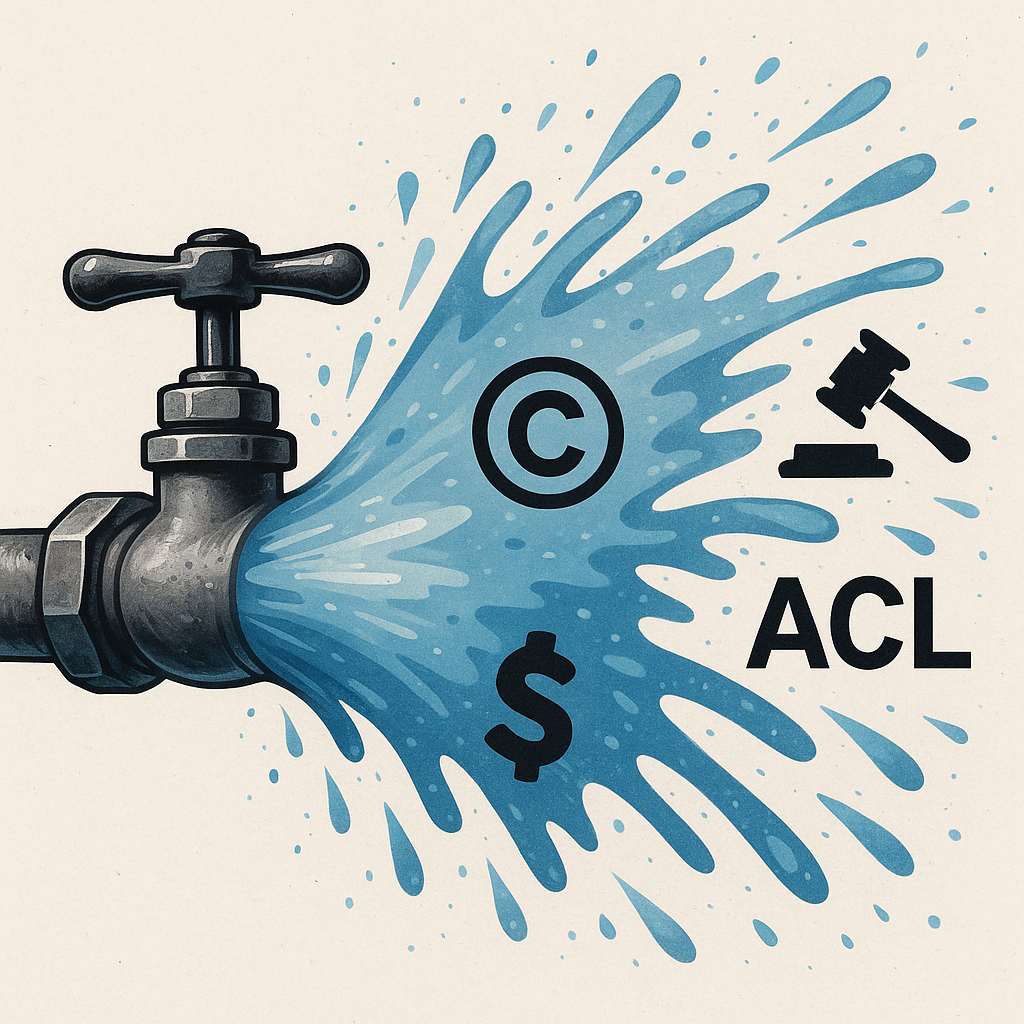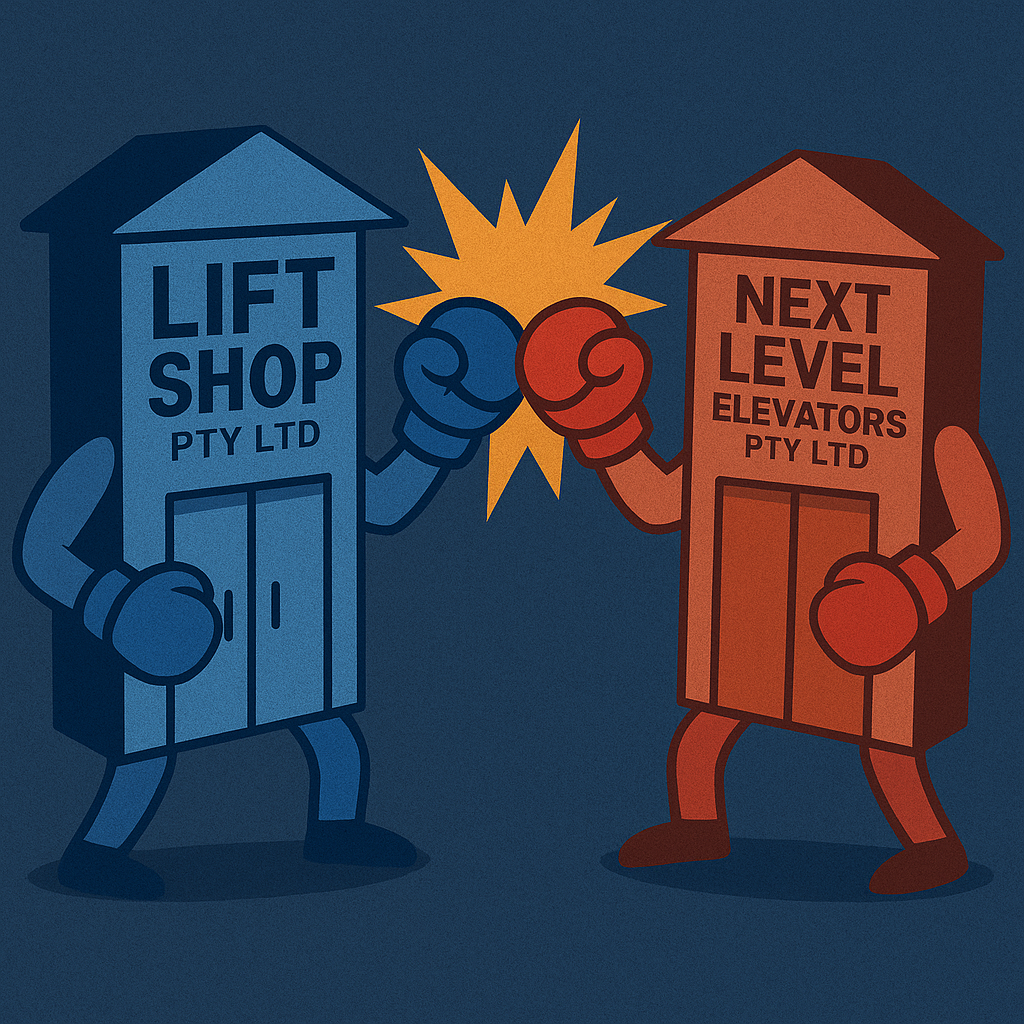Watson Webb v Comino: When Valves Burst Into a Multi-IP Flood
 If you thought plumbing valves were boring, think again.
If you thought plumbing valves were boring, think again.
The Federal Court’s recent decision in Watson Webb Pty Ltd v Comino [2025] FCA 871 is a sprawling reminder that IP disputes can leak into every corner of the law — from designs and copyright to confidence, consumer law and patents.
The Case in a Nutshell
At the heart of the fight was who really owned the rights to a series of valve designs — All Valve Industries (AVI) and its Italian partner Cimberio, or Mr Comino and his company Strongcast. What started as a commercial relationship around importing and distributing valves became a flood of litigation once design drawings, product launches and patent filings entered the picture.
Designs: Entitlement, Validity and Infringement
-
Entitlement: The Court found that Cimberio was at least a co-designer of the registered designs. Mr Comino couldn’t claim sole credit.
-
Validity: The designs were new and distinctive enough over prior art.
-
Infringement: AVI’s products weren’t substantially similar, so no design infringement was made out.
-
Unjustified threats: A strongly worded solicitor’s letter wasn’t enough to count as a threat.
Copyright: Drawings Matter
The critical twist: design registration was based on drawings created by Cimberio. Using them without permission crossed into copyright infringement.
The Court found:
-
Cimberio’s copyright subsisted in the drawings.
-
Comino and Strongcast copied and authorised copying when they used those drawings to file design applications.
-
Cimberio is entitled to an account of profits plus additional damages.
Breach of Confidence and Constructive Trust
The same drawings carried obligations of confidence. Comino’s disclosure and use of them breached that duty.
The Court imposed a constructive trust — transferring Comino’s interest in the registered designs to Cimberio.
That’s a dramatic remedy, showing courts will reorder ownership when confidential information is misused.
Consumer Law: Silence Speaks
By not telling AVI and Cimberio that the drawings were being used to file design rights, Comino engaged in misleading conduct under s 18 ACL.
Silence can mislead — especially in a close commercial relationship.
Patents: Invalid and Ineffective
Strongcast also relied on an innovation patent for a pipe bracket.
The Court held claims 1–4 invalid for lack of clarity, support, sufficiency and novelty.
Even if valid, no infringement was established.
Why It Matters
This case is a reminder that:
-
Design entitlement must be nailed down early — who really created the design?
-
Copyright overlaps with designs are still powerful, especially when drawings are copied into applications.
-
Constructive trusts are on the table where confidential information is misused.
-
Consumer law can bite in IP disputes in many and varied ways — misleading silence can be enough.
-
Innovation patents (now extinct) often struggled on validity grounds.
What looks like a simple plumbing part turned into a judgment that touches almost every corner of IP law.
For brand owners, designers and manufacturers, the message is clear: guard your drawings, document your entitlement, and don’t assume silence will save you.
 What happens when copyright infringement is admitted but the “big ticket” remedies fall away?
What happens when copyright infringement is admitted but the “big ticket” remedies fall away? When a former executive walks away with your China-based supplier list and gives it to a competitor, you’d expect a legal showdown. That’s exactly what happened in New Aim Pty Ltd v Leung (No 4) [2025] FCA 747 —but the result was not what New Aim hoped for.
When a former executive walks away with your China-based supplier list and gives it to a competitor, you’d expect a legal showdown. That’s exactly what happened in New Aim Pty Ltd v Leung (No 4) [2025] FCA 747 —but the result was not what New Aim hoped for.